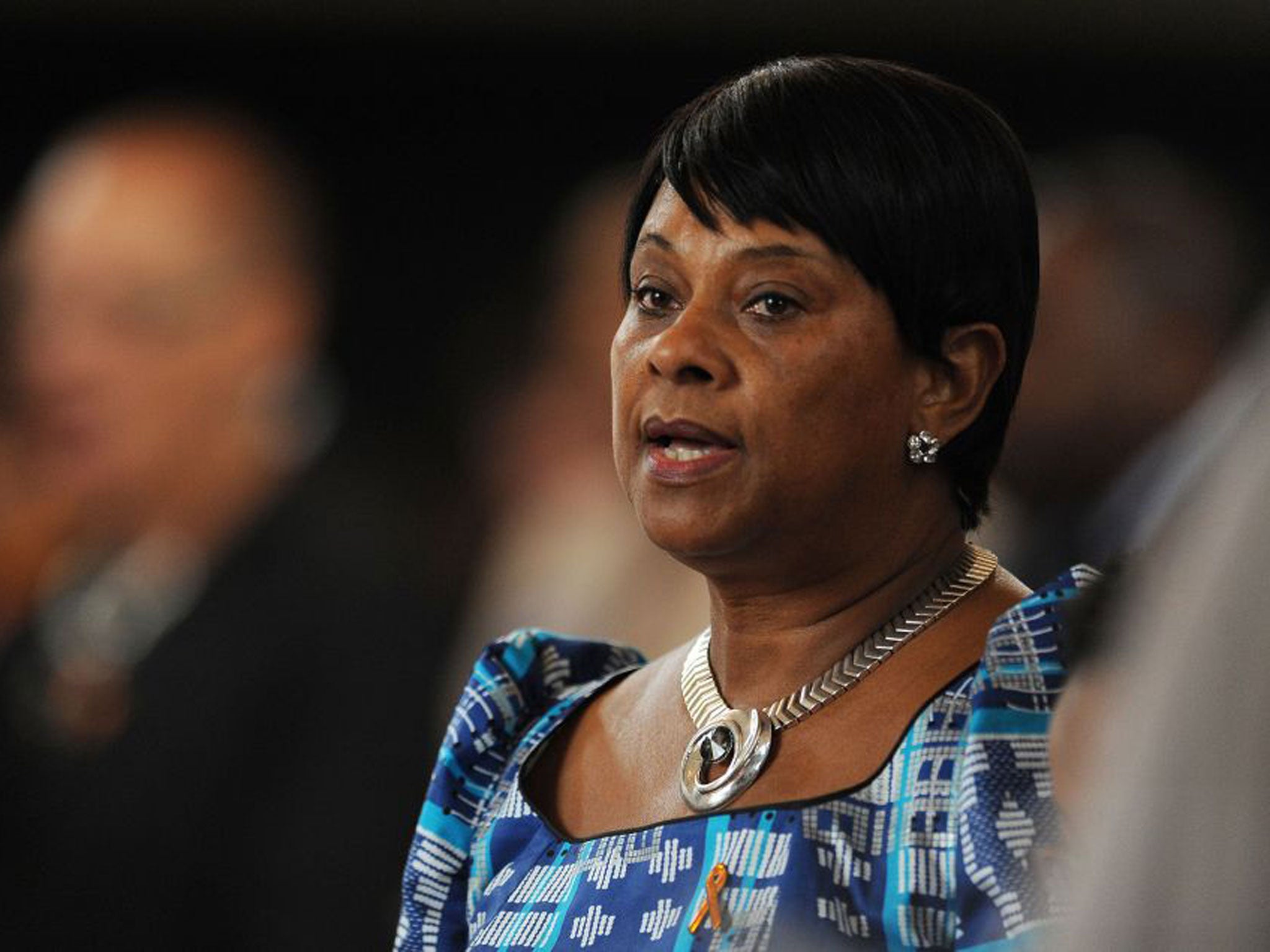Even her appointment to the House of Lords can't curtail Doreen Lawrence’s campaigning spirit
The UK is woefully short of authentic black voices in politics and, once in power, careerism often pulls ambitious black politicians away from their value system

Your support helps us to tell the story
From reproductive rights to climate change to Big Tech, The Independent is on the ground when the story is developing. Whether it's investigating the financials of Elon Musk's pro-Trump PAC or producing our latest documentary, 'The A Word', which shines a light on the American women fighting for reproductive rights, we know how important it is to parse out the facts from the messaging.
At such a critical moment in US history, we need reporters on the ground. Your donation allows us to keep sending journalists to speak to both sides of the story.
The Independent is trusted by Americans across the entire political spectrum. And unlike many other quality news outlets, we choose not to lock Americans out of our reporting and analysis with paywalls. We believe quality journalism should be available to everyone, paid for by those who can afford it.
Your support makes all the difference.When it was announced that race equality campaigner Doreen Lawrence would be entering the House of Lords as a new Labour peer this month, there was a swirl of reactions. Grassroots campaigners who have journeyed with her since the racist murder of her son Stephen, in 1993, have feared the neutralisation of her power. How can she sustain her influence within such a reactionary British institution?
For most of us the title ’Baroness’ conjures up the image of a wealthy, privileged, upper-class woman, white, and out of touch with much happening below the level of her usually long nose. Or, a rampantly forceful woman, determined and domineering, but again not showing much interest in listening to and understanding others - a bit in the mould of Baroness Margaret Thatcher.
Baronesses from ethnic minority backgrounds have not been very visible, except, like Baroness Warsi, for the wrong reasons. Sayeeda Warsi was seen be some as fodder, caught up in the Tory party spin machine, a mere token ethnic minority woman who was parachuted into the Lords. She was not viewed as having an authentic voice of the cultural community she belonged to, and was rejected by many British Asian Muslims. It is extremely unlikely that Doreen will suffer this fate, and she continues to be admired not only by ethnic minorities, but by the millions from all backgrounds that she has inspired over the past twenty years.
Many voices also have celebrated and welcomed Doreen’s appointment, fully expecting that her considerable personal power will not be diminished in the Lords, and on the contrary, she will be a welcome force for change in the creaky institution.
So what will Baroness Lawrence need to do to convince her grassroots followers that she will continue in the style that is so admired: one of a quiet, but determined and dignified fighter? There will be just one expectation: that she retains her core beliefs and values. The UK is woefully short of authentic black voices in politics, and it has been argued that careerism inevitably pulls ambitious black politicians away from their value system. It is not often one hears a back bench MP or junior minister from an ethnic minority background campaigning for race equality. That is normally left to pressure groups and community leaders.
At a time when the Government is showing a lack of commitment to equality legislation, and the role of the Equality and Human Rights Commission has been substantially reduced, we need a voice like Doreen’s more than ever. It is also a masterstroke of Labour, recently facing claims of taking the black vote for granted, and of failing to show commitment to robustly fighting discrimination.
There is no fear of that with Doreen, and we can be sure she will be telling anyone who addresses her as ‘Baroness’ to call her by her first name, she has been purely motivated by her basic belief in human rights, equality and justice. In a country that claims to be civilised, and seeks to export its democratic systems around the world, for her, injustices must be identified and rooted out. It is this belief that has led her to shine a light on, fight and overcome each new insult in her fight for justice for her son.
This year, the twentieth anniversary of the murder of her son, and only a year after finally seeing two of the killers behind bars, it is a good time for her to focus on a formal role. Her recent confirmation that allegations of racial profiling by the Government’s recent arrests of suspected undocumented migrants is an issue very much on her radar, suggests that race equality remains firmly on her agenda.
We have to be assured, that this woman, who has not been silenced by institutional injustices, corrupt people and systems, and illegal procedures, will also not let the House of Lords protocols curtail her campaigning, questing flame.
Join our commenting forum
Join thought-provoking conversations, follow other Independent readers and see their replies
Comments